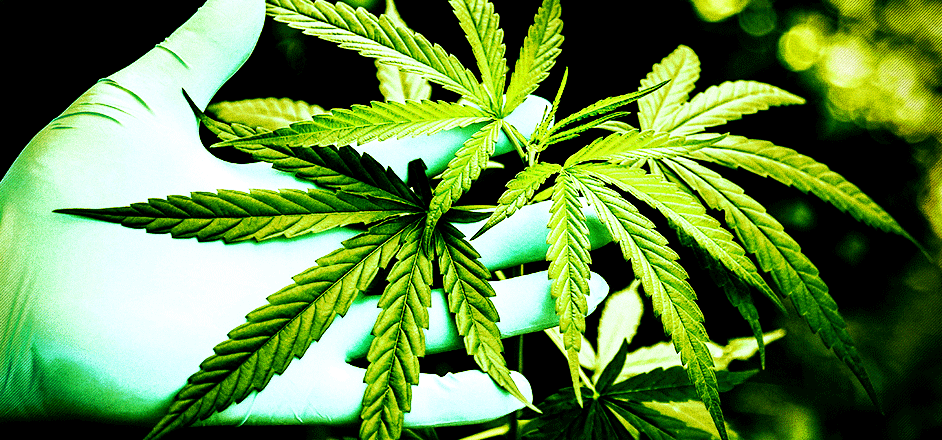Over the last several months in Las Animas county, the local police have “investigated and eradicated” over 40 illegal cannabis grows — destroying an estimated $5.76 million worth of weed. Then, in Denver, a Chinese drug syndicate known as the “Asian Pride Drug Trafficking Organization” was raided back in May; police confiscated 66,000 plants, 4,500 pounds of bud, and 42 people were arrested.
But the biggest bust (also in May) made history: 80,000 plants, 41 homes, 25 vehicles and more than $21 million were seized by the feds in what was the largest “marijuana bust” in Colorado history.
“I’ve never seen the black market for marijuana as robust and as expertly cultivated, forgive that pun, as I have right now,” said George Brauchler, the republican District Attorney for the 18th Judicial District, during a press conference at the U.S. Attorney's Office.
And he’s not wrong. The forests, mountains and cities of this state are riddled with illegal grow operations like those described above. It’s why, cannabis seizures and grow operation busts in Colorado are still on the rise despite five years of recreational legalization.
In fact, in 2017, officers ripped 81,000 plants out of the soil. 18 times the number they destroyed in 2014 — the first year of legal cannabis in Colorado.
Which is to say, things have gotten a lot worse since that fateful year, with regards to illegal marijuana grow operations. The legalization of cannabis in Colorado has fueled the growth of illegal grow ops, it seems.
Which might sound counter intuitive, but actually makes a lot of sense when you start breaking down the reasons why.
At its core, this is a problem of prohibition: The black market is still alive and thriving because cannabis is still fully illegal in nine US states and criminal enterprises are cashing in on that. It’s simple business. The government could be taxing this stuff, they could be cashing in on the same lucrative product, and they could cut crime and cartel activity in the process. But by maintaining marijuana’s schedule 1 status, the feds are essentially maintaining a business niche for black market growers, sellers and buyers.
But there’s more to it than just that.
Obviously, hiding your illegal grow in a state where growing cannabis is legal, is a lot easier. You can hide in plain sight — unlike in states like Utah, when someone sees a cannabis grow inside an apartment or in a garage or out in the woods or on a farm in Colorado, they don’t bat an eyelash. Which, naturally, makes evading the prying eyes of the law a lot easier.
There’s also some serious dis-incentives for growers to grow legally, even in legal states. The amount of licenses and permits they have to get, the amount of paperwork that needs to be filled out and updated regularly, and the extensive quality control tests and regulations that are required by the state, make legal growing a very challenging business. It’s a lot easier and cheaper to ignore all that and simply grow off the grid. You can use whatever pesticides and fertilizers you want, you don’t have to answer to government organizations and the market potential is much, much bigger.
Not only is the market potential bigger, it’s more lucrative too.
“You take $1,000 worth a pound of marijuana out here, and it’s about $4,000 to-$5,000 out in Florida,” said District Attorney Brauchler. It’s the illegal markets in states like Florida, that are fueling illegal grows here (and in California, Oregon, Nevada and Washington).
And, even if regulations and licensing were easier to deal with, even if the federal government legalized cannabis and removed its schedule 1 classification, even then, there would likely still be a black market for cannabis. This stuff grows out of dirt, and someone who’s growing their own and undercutting the dispensaries’ prices, will always have customers. That’s just a function of market economics — customers will follow the best prices, even if that means buying illegally.
So, the black market is here to stay. While it may never be eradicated completely, what we can change, is the size, scope and power that market has. If the Feds put a national end to the prohibition of cannabis in America (like Canada did last year) the financial incentive for criminal growers to continue growing would fall out from under them.
Until then, though, Colorado can likely expect these record-breaking marijuana busts to continue straight into the future.



Leave a Reply
You must be logged in to post a comment.